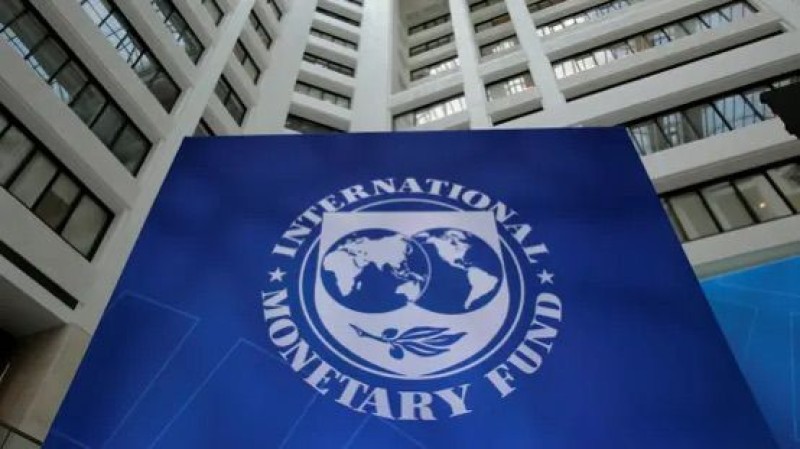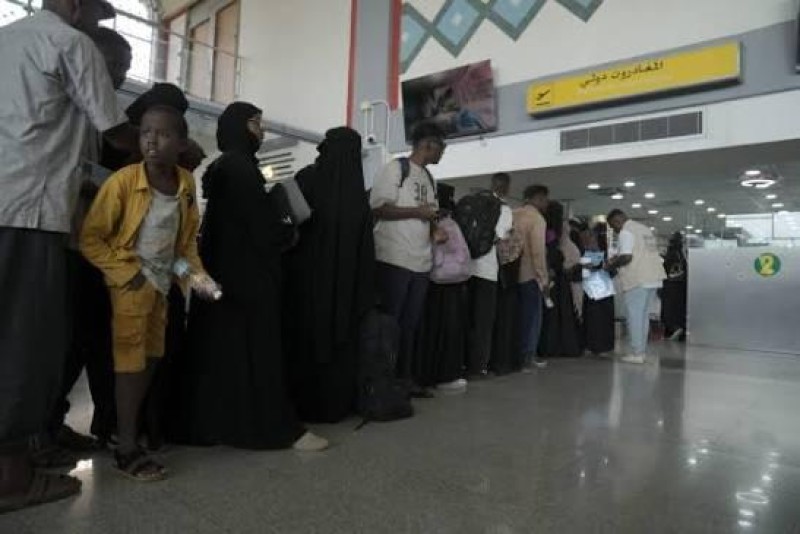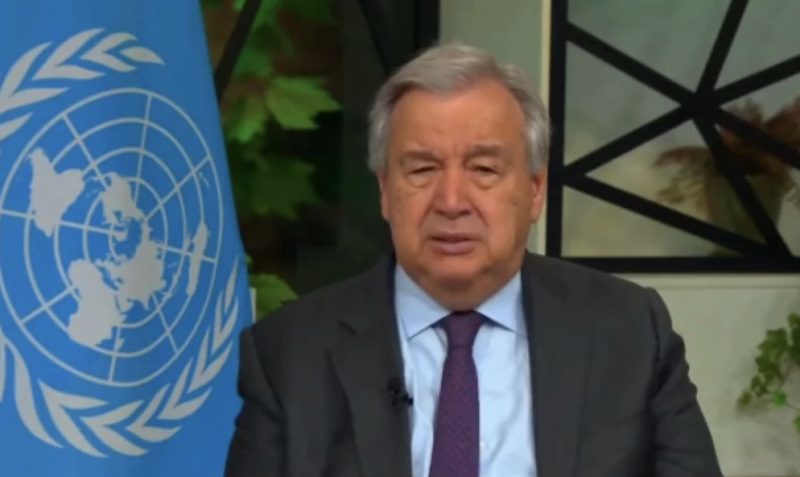War Crimes Risk Grows for U.S. Over Saudi Strikes in Yemen


State Department officials have raised alarms about the legal risk in aiding airstrikes that kill civilians. The Trump administration recently suppressed findings as it sold more weapons to Gulf nations.
When President Trump hosts the signing of a diplomatic agreement between Israel and the United Arab Emirates on Tuesday, the White House ceremony will also serve as tacit recognition of Mr. Trump’s embrace of arms sales as a cornerstone of his foreign policy.
The president sweetened the Middle East deal with a secret commitment to sell advanced fighter jets and lethal drones to the Emirates. But White House officials are working to push through the weapons transfer in the face of broader concerns that the president’s arms-sale policies could lead to charges of war crimes against American officials, a New York Times examination has found.
Those concerns — stemming from U.S. support for Saudi Arabia and the Emirates as they have waged a disastrous war in Yemen, using American equipment in attacks that have killed thousands of civilians — will be the subject of congressional hearings on Wednesday. House lawmakers are expected to question top State Department officials over their role in keeping weapons flowing into the conflict and burying recent internal findings on civilian casualties and the legal peril for Americans.
Interviews with more than a dozen current and former U.S. government officials show that the legal fears related to the arms sales run far deeper than previously reported. Over the course of two presidential administrations, those concerns have prompted some officials to consider hiring their own lawyers and discuss the risk of being arrested while vacationing overseas.
Concerns intensified under Mr. Trump as senior officials pursuing his arms-sale agenda clashed with rank-and-file federal workers who review and approve lethal exports.
No episode in recent American history compares to Yemen, legal scholars say, where the United States has provided material support over five years for actions that have caused the continuous killing of civilians.

WASHINGTON — The United States stated that the International Monetary Fund (IMF) will move to suspend its activities in Yemen once again, cit…

Aden — The United Nations High Commissioner for Refugees (UNHCR) has announced that it facilitated the return of nearly 1,000 Somali refugees…

New York — United Nations Secretary-General António Guterres has expressed his “deep concern” over the continued arbitrary…